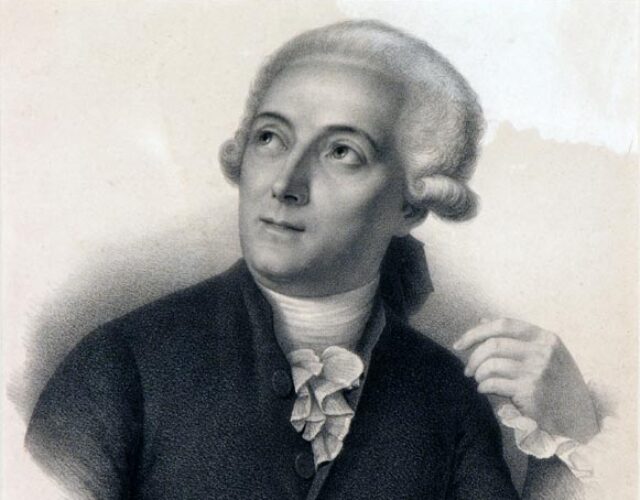Overview:
Antoine-Laurent de Lavoisier, a French aristocrat and scientific expert, is broadly viewed as the "father of modern chemistry." Brought into the world on August 26, 1743, in Paris, Lavoisier made weighty commitments that established the groundwork for current chemical science.

Lavoisier's work, in a general sense, changed science from a subjective to a quantitative science. One of his most huge accomplishments was the definition of the law of preservation of mass, which expresses that mass is neither made nor obliterated in synthetic responses. This guideline was essential in dispersing the phlogiston hypothesis, a broadly acknowledged but wrong clarification for burning and rusting processes.
Lavoisier likewise presented an efficient synthetic classification, which gave a normalized strategy to naming substances. This terminology is still being used today for certain alterations, and it incredibly works with correspondence and joint effort among scientists.
Besides, Lavoisier recognized and named oxygen and hydrogen, components fundamental to grasping burning and breathing. His careful trials showed that oxygen is fundamental for ignition and that water is a compound of hydrogen and oxygen, discrediting the then-overarching conviction that water was a component.
Lavoisier's distribution, "Traité Élémentaire de Chimie" (Elementary Treatise of Chemistry) in 1789, is viewed as the main current science reading material. It introduced an extensive and consistent clarification of substance standards, complete with clear trial proof, which fundamentally progressed the field.
Unfortunately, Lavoisier's life was stopped during the French Upheaval. He was executed by guillotine on May 8, 1794, because of his relationship with the expense gathering Ferme Générale.